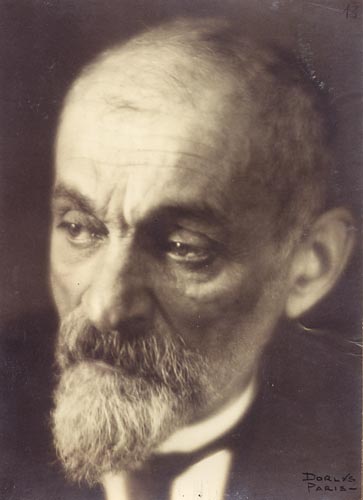Source: In Job's Balances: on the sources of the eternal truths, Foreword p. xxxix
Famous Lev Shestov Quotes
But philosophy has always been, and will always be, a fight with and a conquest of self-evident truths; philosophy is not looking for any "natural necessity", it sees in naturalness and in necessity alike an evil magic, which, if one cannot quite shake it off (for in this no mortal has ever yet succeeded), yet one must at least call by its right name; and even this is an important step! p. 342
Source: In Job's Balances: on the sources of the eternal truths, Words That Are Swallowed Up - Plotinus's Ecstasies
Source: In Job's Balances: on the sources of the eternal truths, Gethsemane Night - Pascal's Philosophy p. 284-285
Source: In Job's Balances: on the sources of the eternal truths, On The Philosophy of History p. 247
Source: In Job's Balances: on the sources of the eternal truths, The Last Judgment; Tolstoy's Last Words p. 101
Dostoievsky’s barrack vows of “improvement” now appeared to him as a sacrilege. He experience which he underwent was much the same as Luther’s when he remembered with such unfeigned horror and disgust the vows which he had pronounced on entering the convent. P. 10
Source: In Job's Balances: on the sources of the eternal truths, The Conquest of the Self-Evident; Dostoievsky’s Philosophy
Source: In Job's Balances: on the sources of the eternal truths, The Conquest of the Self-Evident; Dostoievsky’s Philosophy p. 3
